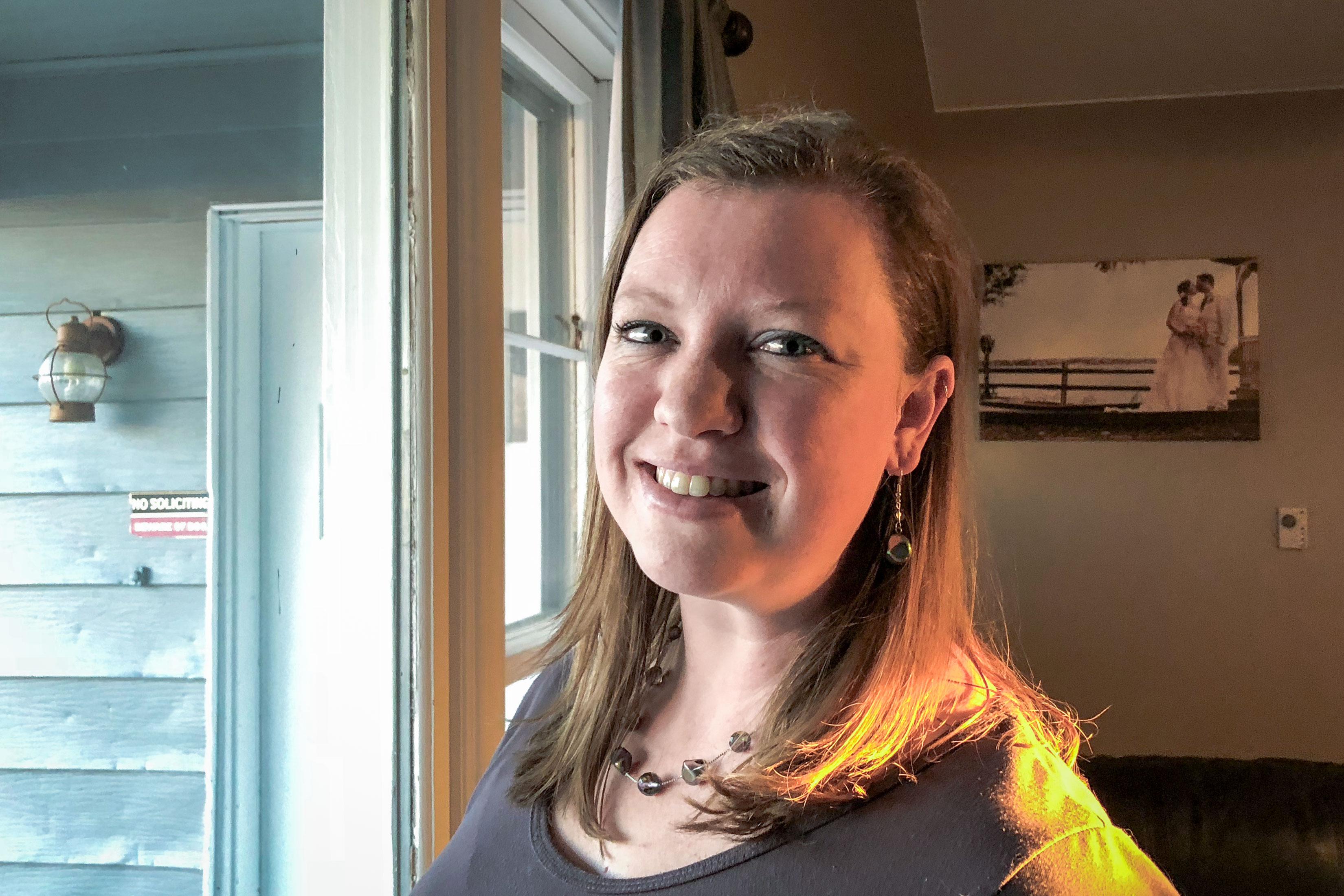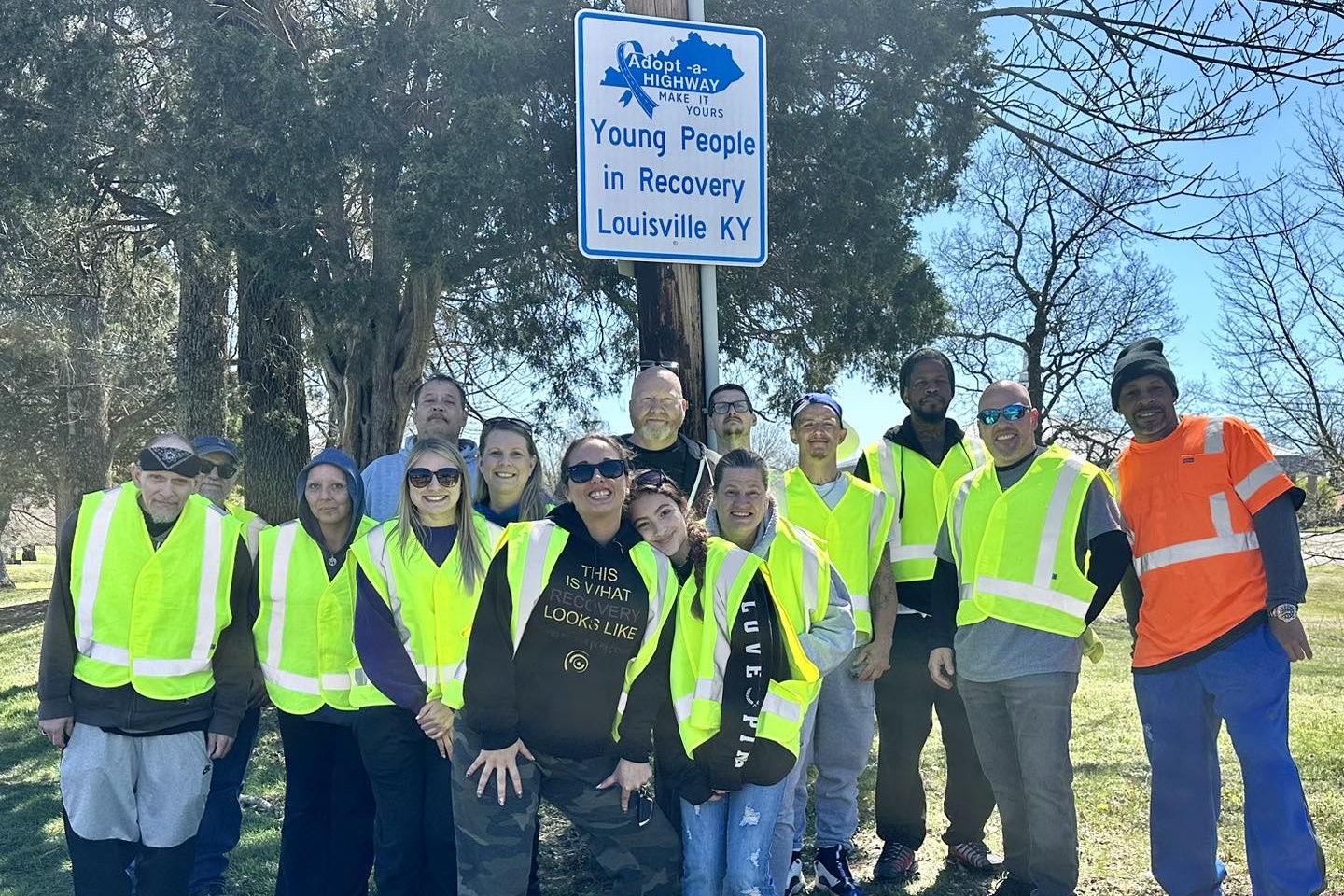

Denver’s hot hot housing market might be reaching a boiling point with frustrated buyers. Fed up with record low levels of inventory, climbing prices, a booming population and new construction that’s more focused on apartments than single-family dwellings, many have told CPR News their eyes are turning away from the Mile High City.
Heather Rubenaker and her husband were losing what few properties were on the market to cutthroat bidding wars. So they expanded their search to the Eastern Plains.
“Everybody’s like, ‘Bennett? Where’s Bennett?’” Rubenaker recalled of their search that brought them 30 miles east of Denver. “I had given up actually. I was 8 and a half, 9 months pregnant. We had been outbid on so many properties, and I was just done.”
Now they have about half acre of land and a darling house for $200,000. That’s an impossibility in Denver today. But it does come with another cost: Rubenaker’s husband still works in downtown.
Extreme commuting has been a fact of life in expensive places like the California Bay Area or New York, but this is a growing phenomenon in Denver, and another symptom of buyers looking to leave the market. Real estate agents in Colorado Springs say more Denverites are moving there and commuting up to the metro.
Rubenaker remembered asking her husband if he was sure he wanted to make the drive everyday but, “once we got out here and we sat in this house, it just felt like home.”
Still, there’s a certainly a culture shock, moving to a plains town of 1,915 people rather than a bustling urban center of 2.8 million.
“We just find that while it’s nice to live out here, there’s not a lot to do, so we generally find ourselves back in Denver,” Rubenaker said.
They won’t be alone in making the drive from Bennett. Smelling an opportunity, developers have moved in with plans for more than 260 single family homes. The brochure says the development off I-70 is “uniquely positioned to capture the next wave of growth east of Denver.”
Even though Heather Rubenaker is comfortable here and clearly proud of her new slice of the American Dream — “Having a dog, having a kid, there’s nothing that can replace this amount of space,” she said — many aren’t willing to make the drive or even see a chance to stay here at all.
On the other side of the Front Range, on the University of Colorado Boulder campus, Tyler Peterson is busy wrapping up his masters in accounting. Colorado-born and raised, he loves the outdoors and his family.
And he’s leaving his home state after graduation.
“Thinking long term, financially, it makes the most sense to leave,” Peterson said. “If I want to buy a house, which I plan to do in a couple of years, that just wouldn’t be possible here, you know, I’ve got student loans.”
Student loans are a major impediment to affordability. Surveys from the National Association of Realtors show a strong desire among younger generations to buy a home, but the combination of skyrocketing home prices and student loan debt can make it frustratingly difficult. For Peterson, it’s the “lack of space with everybody moving here and it’s kind of just this toxic mixture.”
His solution was to apply for jobs in Duluth, Minnesota and he got one.
“They were pretty surprised that this guy from Colorado would apply to Duluth,” Peterson said. “They thought I was applying to Duluth, Colorado, or something like that. No, I just I had a huge enthusiasm for wanting to be there, and they appreciated that.”
There’s a different kind of sticker shock with a move to Minnesota. Like winter temperatures that are routinely 20 or 30 degrees colder than the Front Range. But Peterson has family there and is well aware of the tough winters.
He’d love to stay in Colorado, but he can see that the housing market has become unworkable. About 220,000 people moved to Colorado in 2017. But 193,000 thousand people, just like Tyler Peterson, left the Centennial State.
We Want To Hear From You
Are you feeling the challenge of finding a home in Denver? This story was suggested to us by a Colorado Public Radio reader/listener. Help us dig deeper into how housing affects the community at large.
Let us know, email [email protected] or tweet @CPRMarkus or @NewsCPR.









